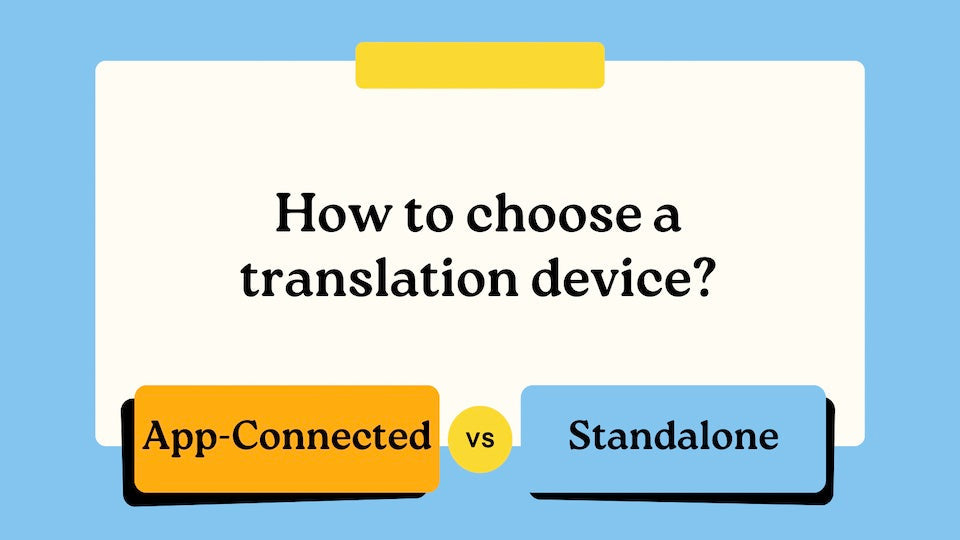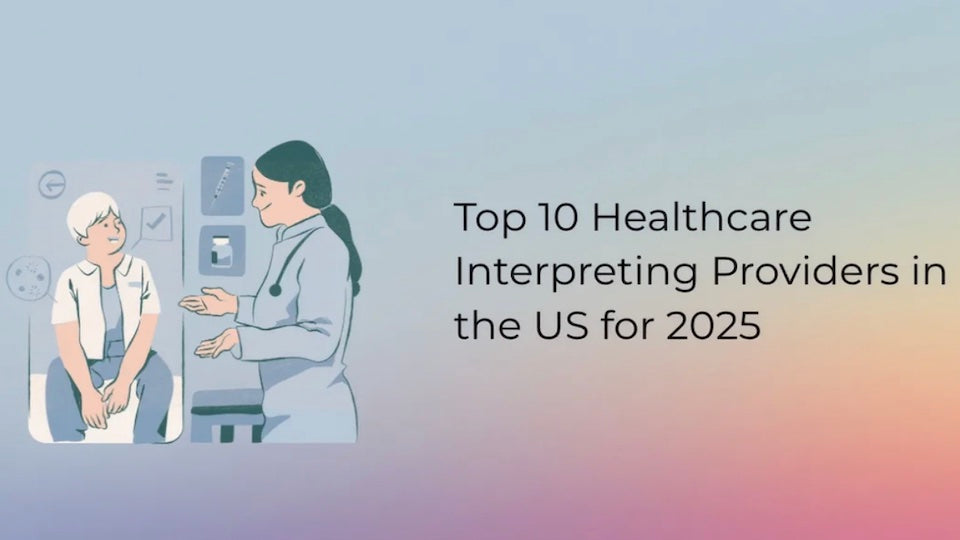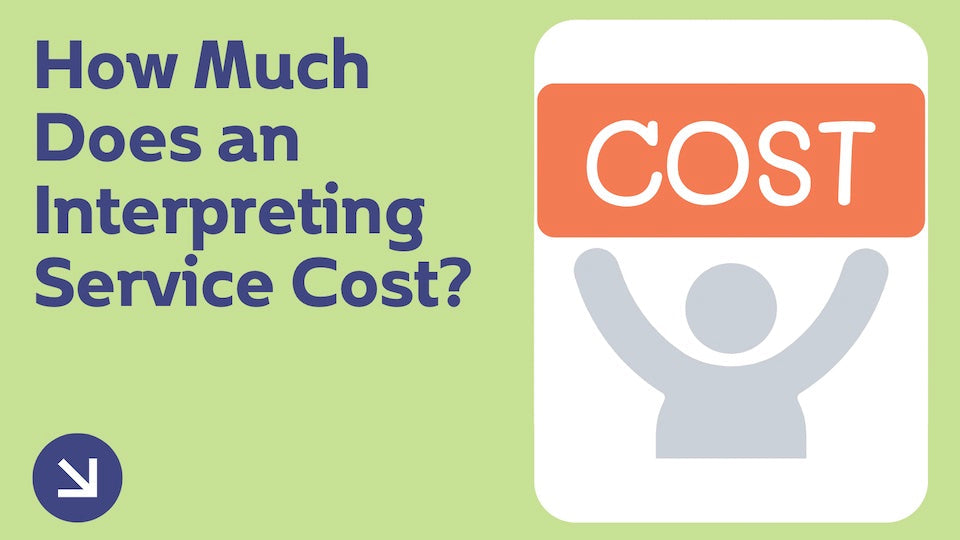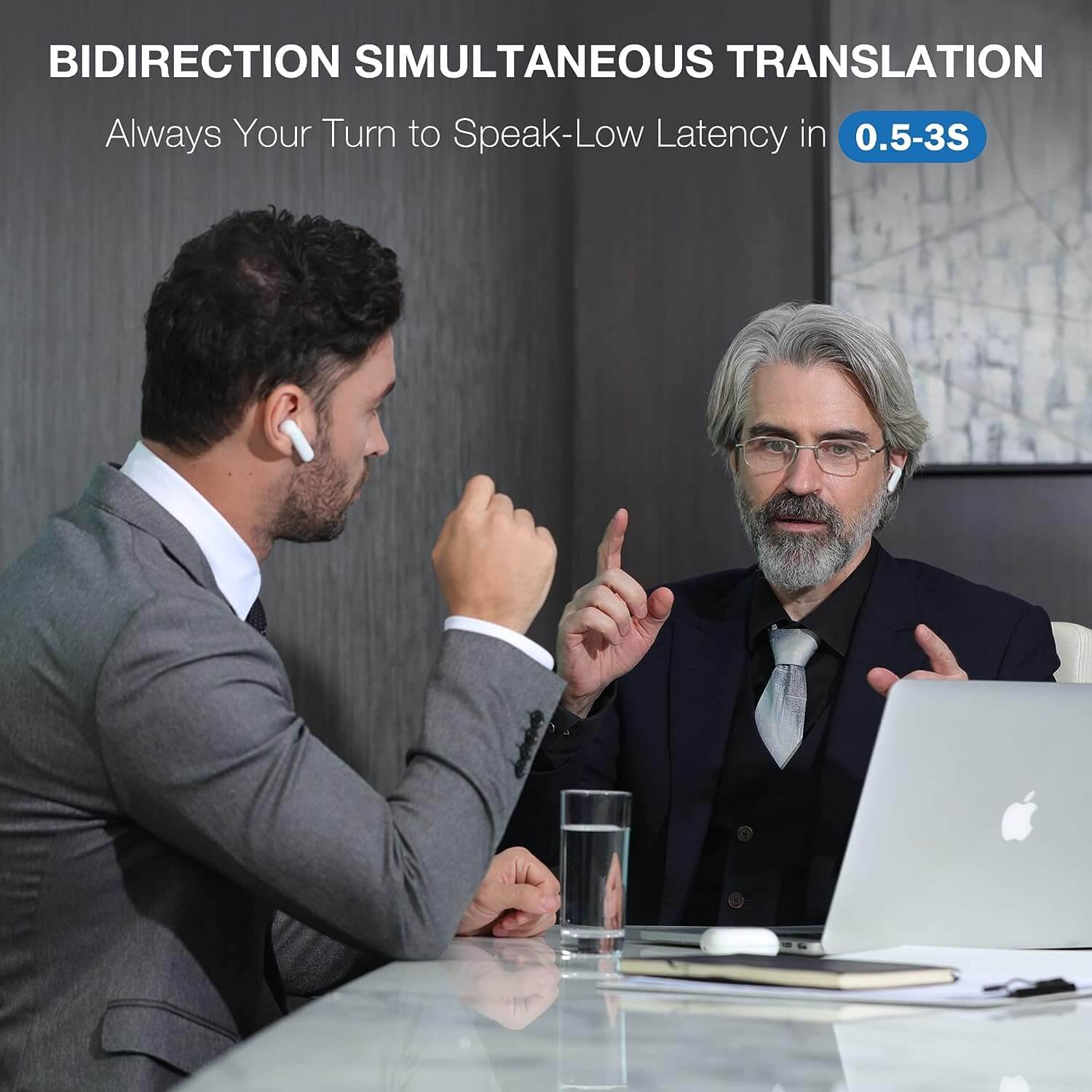
How Long Does It Take To Be Fluent in English?
Learning English: How Long Does It Take?
Many people around the world take on the adventure of learning English. A big question is, “How long will it take to speak English really well?” For someone starting from scratch, it usually takes about a year of studying 5 hours a day to get to a basic level. To be really good at English, or fluent, it takes a few years. How fast you learn depends on things like your first language, where you’re learning, how much effort you put in and how much you practice with English speakers.
Whether you’re learning English for school, work or just for fun, knowing how long it might take helps you plan. This guide explains what it means to be fluent in English, the different stages of learning and tips to learn faster.
What Does It Mean to Be Fluent in English?
Being fluent in English isn’t just about talking fast. It’s about using the language confidently in different situations.
Fluency means you understand and use English easily. A fluent speaker can share complicated ideas, follow tricky conversations and talk without always thinking about their first language. They think in English instead of translating in their head.
Fluent speakers can also understand people who speak English quickly or with different accents. They get how native speakers connect words or use shortcuts in speech. Plus they know a lot of words and use grammar correctly to say exactly what they mean.
One of the hardest parts is learning sayings, slang and cultural phrases that don’t make sense when translated word-for-word. For example knowing how to use phrases like “it’s pouring buckets” or “good luck” in the right way shows you really understand English.
Learning English: Levels and Time Needed

Learning English follows a path but everyone moves at their own pace depending on how much they practice, their background and their natural ability.
Beginner Level (200-300 Hours)
At the beginner level you start with basic skills for talking and understanding. You’ll learn simple phrases, how to introduce yourself, ask easy questions and use everyday words. With 200-300 hours of study you can:
-
Say hi and have short, simple conversations
-
Understand slow, clear speech about familiar things
-
Use basic grammar like present and past tense
-
Do daily tasks like ordering food or asking for directions
You’ll have to think carefully to form sentences and understanding fast talking native speakers will be tough. Most people reach this level after 3-6 months of regular study.
Intermediate (600-800 hours)
At intermediate level you’ll have made a big jump in comprehension and expression. After 600-800 hours of practice you’ll be able to:
-
Understand most conversations on familiar topics without much trouble
-
Hold conversations confidently, even if you have to look up a word or two
-
Express opinions and discuss a wider range of topics
-
Use conditionals and perfect tenses
At this level you can function independently in most English speaking environments but you may still struggle with specialized vocabulary, fast paced group conversations or understanding movies without subtitles. Reaching intermediate level usually takes 1-2 years of consistent study and practice.
Advanced (1,000-1,200 hours)
Advanced level is the threshold of fluency. After 1,000-1,200 hours of language acquisition you’ll be able to:
-
Talk about any topic with precision
-
Understand native speakers in various contexts, including different accents
-
Read complex materials like academic texts or literature
-
Express subtle emotions and opinions with the right vocabulary
Advanced learners rarely struggle with daily communication and can function professionally in English speaking environments. They understand humor, can follow rapid conversations and pick up new vocabulary contextually. Reaching this level usually takes 2-3 years of dedicated study but language immersion can accelerate the process significantly.
Effective Strategies for Learning English Quickly

Learning English takes time, but smart strategies can help you improve quickly.
Set Clear, Achievable Goals
Learning a language is a long haul. Setting goals gives you a plan and keeps you motivated. Instead of saying “I want to be fluent,” try goals like “Talk for 10 minutes without stopping,” “Understand most of a news show,” or “Read a short book in English.” Small goals make progress feel real and fun.
Check your progress often by testing yourself or using the CEFR, which rates language skills from A1 (beginner) to C2 (expert).
Practice Every Day
Studying a little each day is better than cramming once a week. Even 30 minutes a day helps your brain get used to English. Make a routine that works for you, like learning new words in the morning, listening to a podcast on your way to school or reading before bed. Apps like Duolingo can help when you’re busy.
Add English to your life by setting your phone to English, watching English videos or writing a journal in English. These habits make learning feel natural even if you don’t live in an English speaking country.
Listen and Copy to Sound Better
A great way to improve your speaking is to listen to English and repeat what you hear. This helps your pronunciation and builds your vocabulary. Try podcasts for learners, audiobooks or clear YouTube videos. Listen to a short part, pause and copy the speaker’s words, tone and rhythm.
Record yourself and compare it to the original to spot mistakes. Apps like Tandem let you send voice messages to native speakers who can give you tips on how you sound.
Immerse Yourself in English
The best way to learn English faster is to surround yourself with it. This means giving your brain lots of opportunities to hear and use English every day. Some people join programs like Middlebury Language Schools, but you can also create your own English environment at home.
Try to watch English movies, listen to music or podcasts, and read the news—even if you don’t understand everything. This helps your ears get used to the sound of English and teaches you new words without you even realizing. When watching shows, use English subtitles instead of subtitles in your own language. This helps you connect the words you hear with the words you see.
You can also join English conversation groups in your city or online. Websites like Meetup.com have events where people practice different languages. Apps like iTalki let you find people around the world to chat with in English.
Engage with English Culture
To really understand English, it helps to learn about the cultures where it’s spoken. You can read books, watch movies, or learn about the history of English-speaking countries. This will help you understand jokes, expressions and how people really speak.
You can also participate in cultural events. Go see a Shakespeare play, try a traditional British afternoon tea or celebrate Thanksgiving. These experiences make learning English fun and help you use the language in real life.
Use Technology to Learn English
Today it’s easier than ever to learn English. You can use apps like Anki to memorize new words or Grammarly to improve your writing. Websites like Coursera and edX have free English classes so you can learn English and other subjects at the same time.
There are also cool new tools like virtual reality (VR) that can make you feel like you’re really in an English speaking place. You can walk around, talk to people and practice real life situations – all in English.
Another great tool is AI-powered translation earbuds like Timekettle WT2 Edge or W4 Pro. These let you talk to someone who doesn’t speak your language by translating in real time. You can use them with a language partner to practice real conversations, listening and speaking. They’re great for building confidence and using English in daily life.
Final Thoughts
Becoming fluent in English takes 600-1,200 hours, depending on your goal. It sounds like a lot, but steady effort pays off. Set clear goals, practice daily, work on your pronunciation, and dive into English media and culture. You’ll have ups and downs, but every step gets you closer to fluency. Whether you’re learning for school, travel, or fun, your English skills will open new doors for you.
Frequently Asked Questions
Can I be fluent in 3 months?
You can improve a lot in 3 months with hard work, but true fluency takes 1-3 years. Short programs help, but you need to keep practicing.
Does age matter for learning English?
Kids might pick up pronunciation easier, but adults learn grammar and words faster. Your effort matters more than your age.
Should I start with grammar or words?
Learn both together. Focus on common words and simple grammar first, then build from there.
Do I need to talk to native speakers?
Talking to native speakers helps a lot with listening and speaking, but you can still improve with apps, courses, and media if they’re not around.
How do I keep my English skills sharp?
Use English every day—read, watch shows, or talk with friends. Advanced classes in things like business English can keep you growing.
Why does motivation matter?
Motivation keeps you practicing and pushes you through tough times. Remind yourself why you’re learning, like for a job or travel, to stay excited.
Can learning English help my brain?
Yes! Learning English boosts memory, problem-solving, and creativity. It keeps your brain sharp and can even help it stay healthy as you age.



















